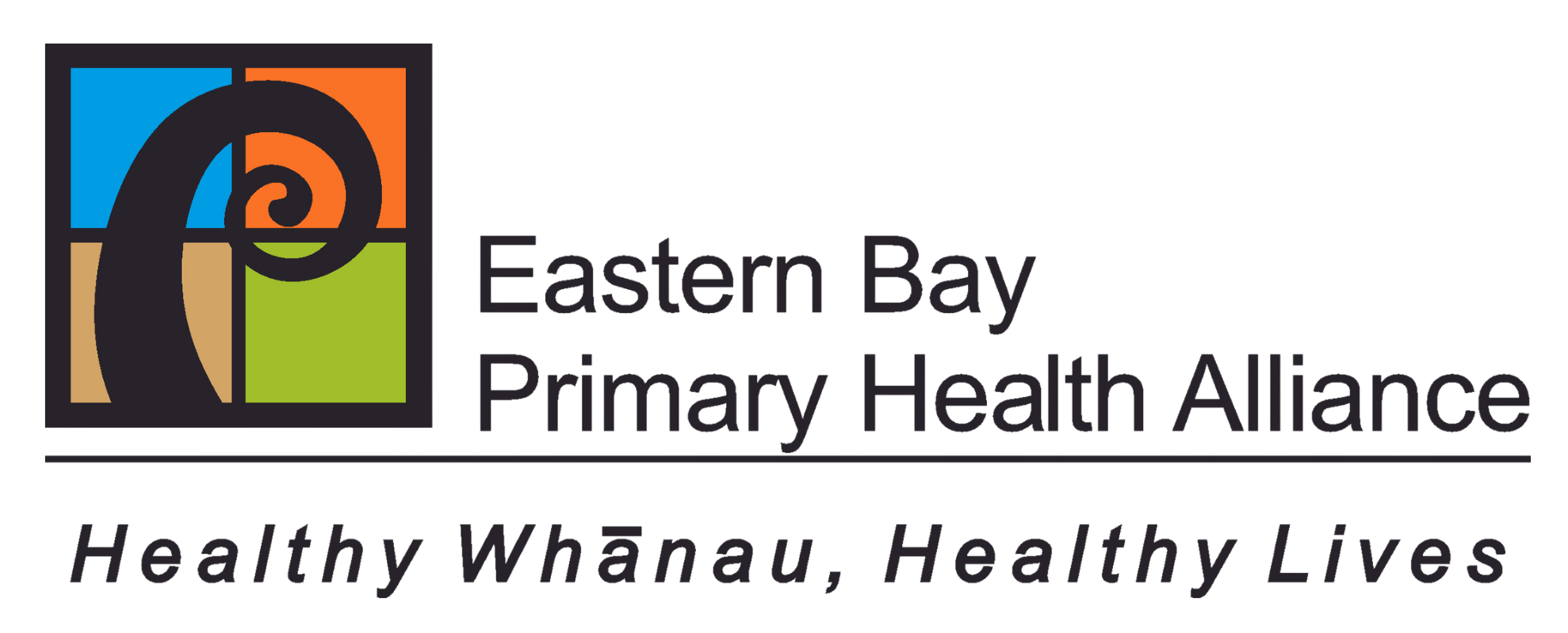The majority of people who are infected with Omicron experience mild or no symptoms and can safely manage at home.
What are the symptoms?
- A sore throat or a scratchy throat
- Fever(a temperature above 37.8°C or skin which feels hot to touch).
- A new, continuous cough.
- Sneezing and runny nose
- Fatigue.
- Headaches.
- Aches and pains.
If you experience these symptoms, you should get a test and self-isolate immediately.
Looking after yourself at home if your test is positive:
As with other viruses such as colds and flu, taking it easy and looking after yourself are crucial to your recovery. You should:
- Drink plenty of fluids. Drink enough water so that your pee is a pale, clear colour.
- Avoid alcohol as this will make you more dehydrated.
- Get plenty of rest. You should isolate yourself at home if you have any symptoms of coronavirus and avoid any strenuous activity whilst you are unwell.
- Use over-the-counter medicines to treat some of your symptoms. Paracetamol is helpful for fever and pain. Cough medicines or cough suppressants can help reduce your cough. Throat lozenges and remedies like honey and lemon may improve a sore throat.
When to seek medical attention:
- Your condition gets worse such as increased shortness of breath.
- You still have fever, are feeling generally unwell or have other symptoms after a week.
- You are unable to do everyday tasks such as looking at your phone, reading or getting out of bed.
If you are concerned that your syptoms have worsened, call your GP / health provider, or Healthline 0800 358 5453.
If you think you are critically unwell call an ambulance on 111.
